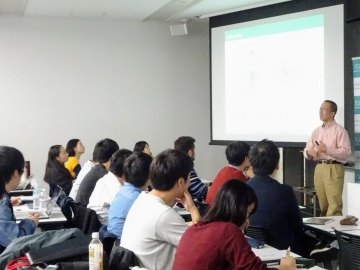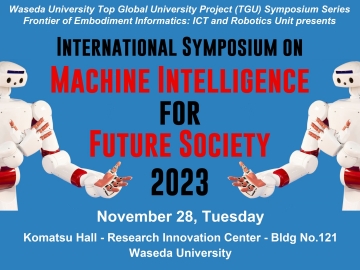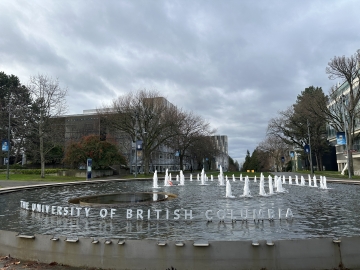Workshop on Scientific Study on American “Soft Power”
On November 13, 2019, Yusaku Horiuchi, a professor of government and the Mitsui Professor of Japanese Studies, Dartmouth College and guest professor of Keio University gave a talk in a workshop titled “The Impact of Russian Election Meddling on Allies’ Trust in the United States.” This workshop was supported with funding from the Grants-in-Aid for Challenging Research (Pioneering/Exploratory) and the Top Global University Project.
The study is motivated with the common shared belief that the identity of the United States as a democracy is claimed to be a core part of its so-called “soft power”. If the United States were not perceived as a democracy, or as a diminished or partial democracy, would this affect its ability to maintain its global alliance network? Would it affect its ability to pursue other important foreign policy goals?
In the context of the unusual presidency of Donald Trump, and the now well-documented attempts by Russia to interfere in the 2016 United States election that brought him to power, scholars have focused on Americans’ reactions to foreign election meddling and on the impact of Trump on America’s image abroad. However, another potentially important aspect of these seemingly new phenomena in international politics is the impact on the U.S. image as a democracy in foreign countries, perhaps most significantly in formal U.S. military allies.
The U.S. image as a democracy, for example, captured in the phrase “leader of the free world,” has been central to its international role since the end of World War II. Most of the United States’ key military alliances involve other democracies, including almost all NATO states, Japan, Australia, and South Korea. It is a reasonable assumption that the perception of the U.S. as a democracy is both an important justification for the existence and purpose of those alliances, and crucial for their maintenance and survival. But what would happen if citizens of allied countries came to see U.S. democracy as severely flawed, or even came to regard it as nondemocratic?
With such a question in mind, Professor Horiuchi’s team ran a study assessing the impact of information about the attempt (and success) of Russian meddling in the 2016 U.S. election on the views of Australians and Britons about the United States as a military ally. Especially in the UK, the team found the supporting evidence of their argument.










